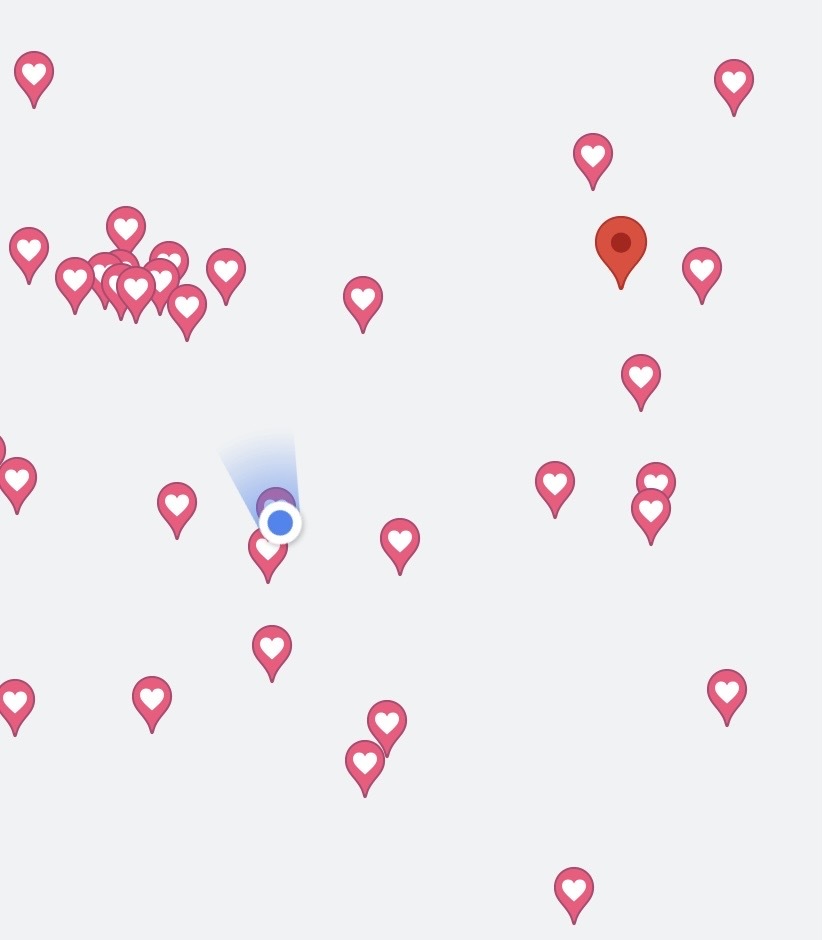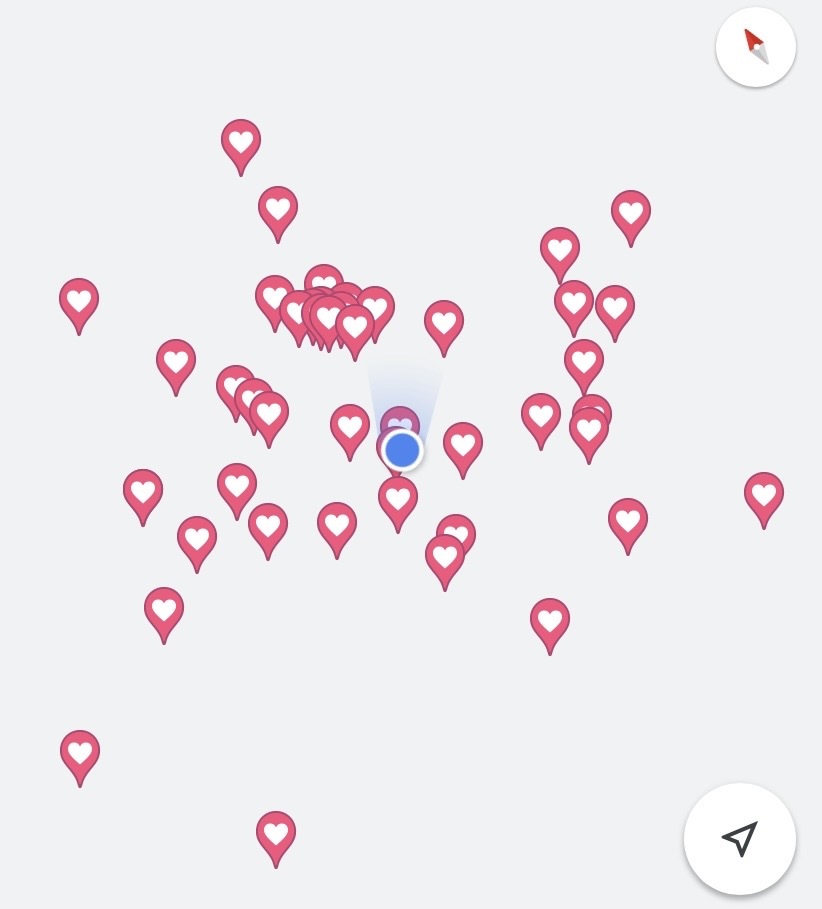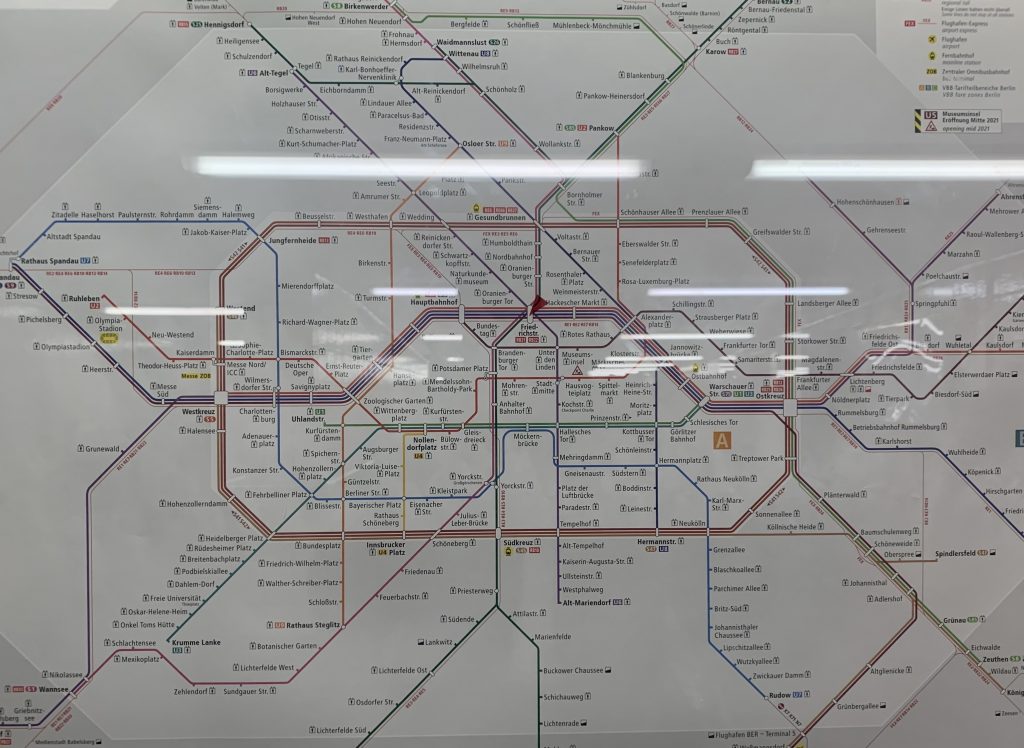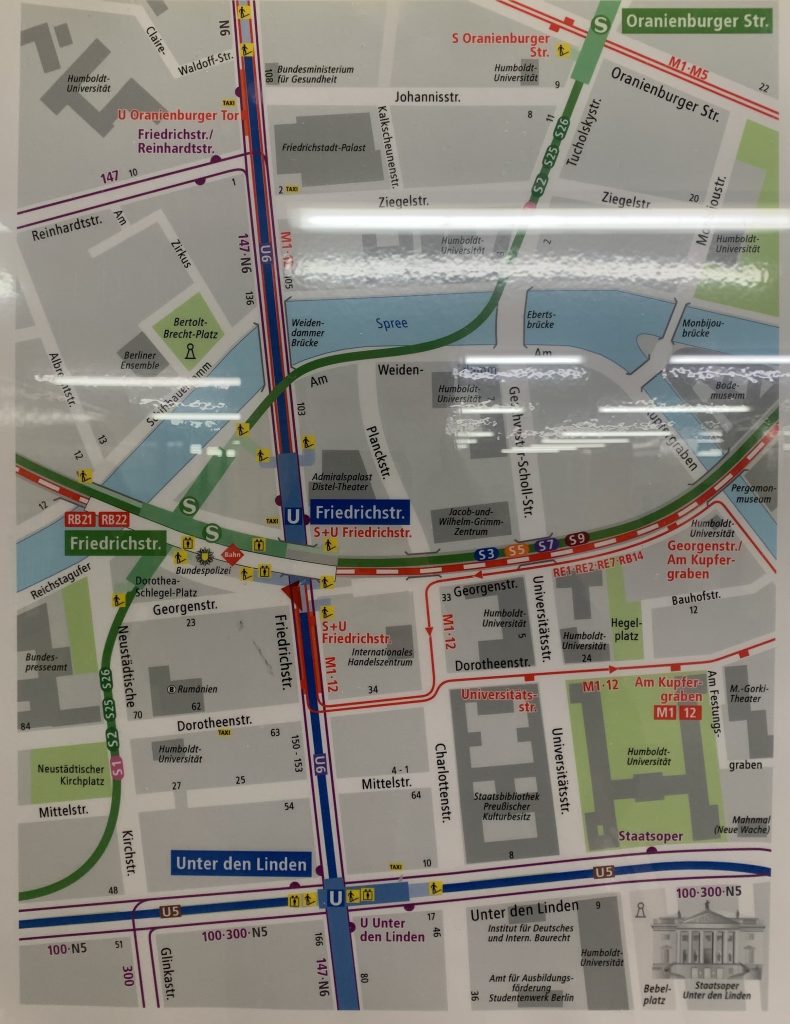How many of us have actually stopped to think about the weirdly mundane but simultaneously ‘supernatural’ existence of the Phone in our daily lives. Perpetually reliant on these devices for much more than just communication and connectivity with friends and family, does the Phone lose importance when you suddenly find yourself unable to perform desired tasks using it? Namely, what becomes of a phone when its battery has run dead or when you lose internet connection or mobile signal?
The biggest challenge I faced when I set off for my 6-day trip across Germany earlier in October was that of leaving my laptop behind, or so I thought. As a peer-diagnosed workaholic, it’s rare for me to travel without my laptop and the lone thought of being deprived of access to the device continues to scare me. However, precisely due to this irrational fear of separation with my laptop, I chose to leave it behind on this trip, as both a challenge for myself but also a necessarily forced detachment from work and related responsibilities. Whilst that didn’t stop me from checking emails on my phone and replying to messages on Whatsapp, it did make me reflect on the digital habits that I have come to adopt. Once again reminding me of the steep incline to achieving true digital minimalism.
During my travels, my phone was by my side almost at all times except when I was catching up with friends which then I made an effort to put it to one side and resist the temptation to check it every now and then. However, despite the great tool that it was for storing my train tickets, hostel booking confirmations, vaccination proof, aiding my navigation around a foreign country, and also to capture my journey through photos and videos etc, it was revealed when I lost my phone signal in Berlin just how ‘useless’ the device was.
It was late afternoon when my phone lost signal and I could neither message, call, connect with public Wi-Fi or use my data to connect to the internet. I was out exploring the city at the time but had planned to go back in the evening to have dinner with the friends with whom I was staying. Having finished up late at my last stop, it was getting close to the time of our appointment and so, naturally, I got out my phone intending to message and apologise for getting home later than expected. However, it was then when I realised that my phone had completely lost signal.
Initially unconvinced, I proceeded to frantically switch my phone on and off, toggling with the various data network settings whilst walking a few blocks down to see if it was simply a matter of network congestion at my location. And yet, when nothing happened and the network bars remained their dull, greyish colours, that was when I started to feel truly disconnected. With nothing more than Bluetooth, Location Services, a pre-downloaded Spotify playlist and a blank Google Maps interface marked by various pink hearts that I had previously pinned as places I wanted to visit, the journey back to my accommodation was a true test of my natural navigation abilities.
Whilst this may not seem quite the grand feat as being able to survive in the wilderness, our generational reliance on location sharing and navigation tools has somewhat rendered us handicapped in the absence of technology. Many times I have found myself saying to the person next to me in class whenever my Eduroam connection dropped that I felt ‘handicapped’.
Whilst one may challenge these experiences and question why it was that I didn’t bother to just ask someone for directions, in my defence, prior experience of living in a metropolis has taught me that you are probably better off keeping to yourself than asking strangers for directions. Accompanied by a pre-downloaded Spotify playlist, the following summary points illustrate my advice for urban navigation without relying on Google Maps:
- Use Google Maps to check if you have any saved locations that you can use as bearings. Whilst impossible to scale and estimate the distance between two points without internet connection, you can use the locations of each pin as a means of working out the direction you are heading.
- Find and follow train tracks when there are no visible signages directing you to the closest train station. This works in almost all instances when you’re in a fairly sized metropolis with its own transport network. Whether it be via buses, trams or trains, following a singular bus route will, without fail, take you the closest station. From there, you can work out connecting buses/trains and navigate yourself to your desired destination.
- Challenge yourself to map reading! A skill so mundane but something that we tend to underestimate due to the convenience of a Google search, the sense of security achieved when you successfully locate yourself on the map and then proceed to work out the connecting journeys to your destination is something that temperamental bus/train arrival times on Google Maps cannot rival with.
Working through the above points, I was able to navigate myself to one of the larger train stations where I faced the challenge of deciphering a foreign train system. Starting with the grand map of all the train networks, I was able to first locate my closest station before working out the type of train I needed to take and the relevant connections which would take me to my desired destination. Referencing from a second map which showed the locations of nearby train and bus stations, I was able to find the correct entrance to the station with the correct train going to my destination.
In summary, the experience of losing signal in a metropolis like Berlin, whilst not something that I would like to experience a second time, has been fruitful and constructive to the extent that I can reflect on the experience as part of this blog post. Much has been discussed about going a day without the digital but in consideration of how difficult it is to truly go without the digital in our current social context, urban navigation without digital technology may be the closest experience I’ve had of giving up my reliance on technology.






I really enjoyed reading about your experience navigating Berlin without a phone signal although I can imagine it must not have been the most enjoyable experience at that very moment. It reminds me of how I myself sometimes deliberately leave my phone at home while going out for walks or even while going to meet a friend. Although in these times it is not handy if you want to go somewhere, like to a café for example, as the vaccination QR-code is indeed stored on my phone. Therefore, as you point out, it is difficult to go fully without the digital technology at your disposal at every given moment. I must say that although it is very handy to have virtually everything stored in the one and same device, especially when travelling, it sometimes irritates me when I only want to carry out a specific task on my phone without getting bombarded by other distractions.
This was a refreshing blog to read because I find that I also have experienced this sort of feeling where without my phone, I feel a bit naked and defenseless. I know that there are obviously going to be countless people in a city who are willing to help with directions and even giving recommendations if you’re lost, but it just feels slightly more uncomfortable knowing your phone isn’t there as at least a backup. Also you brought up a really good idea that I hadn’t even thought of – using train and bus routes as an indication for directions, I’ll definitely be trying that.
I have often experienced this through not having enough data left on my phone plan, or that my phone is dead, and so I always enjoy the challenge of having to use the local transportation maps to figure out where I want to go. Of course this is more difficult when trying to plan with other people, but I always found it helpful to have a spot where you can meet in case you cannot get a hold of one another. The times where I travel by myself I also notice that I am on my phone all the time, so I do not actually take time to be by myself, as I am constantly interacting with other people digitally. I find it difficult to balance the amount of time that I spend on my phone versus the time I spend without it, as I either use it all the time or not at all. I think I am not reliant on my phone while travelling, but by needing it for bookings and reservations and navigation, I also use it to scroll on social media and documenting my journey, which takes away a little bit of the purpose of me travelling by myself.